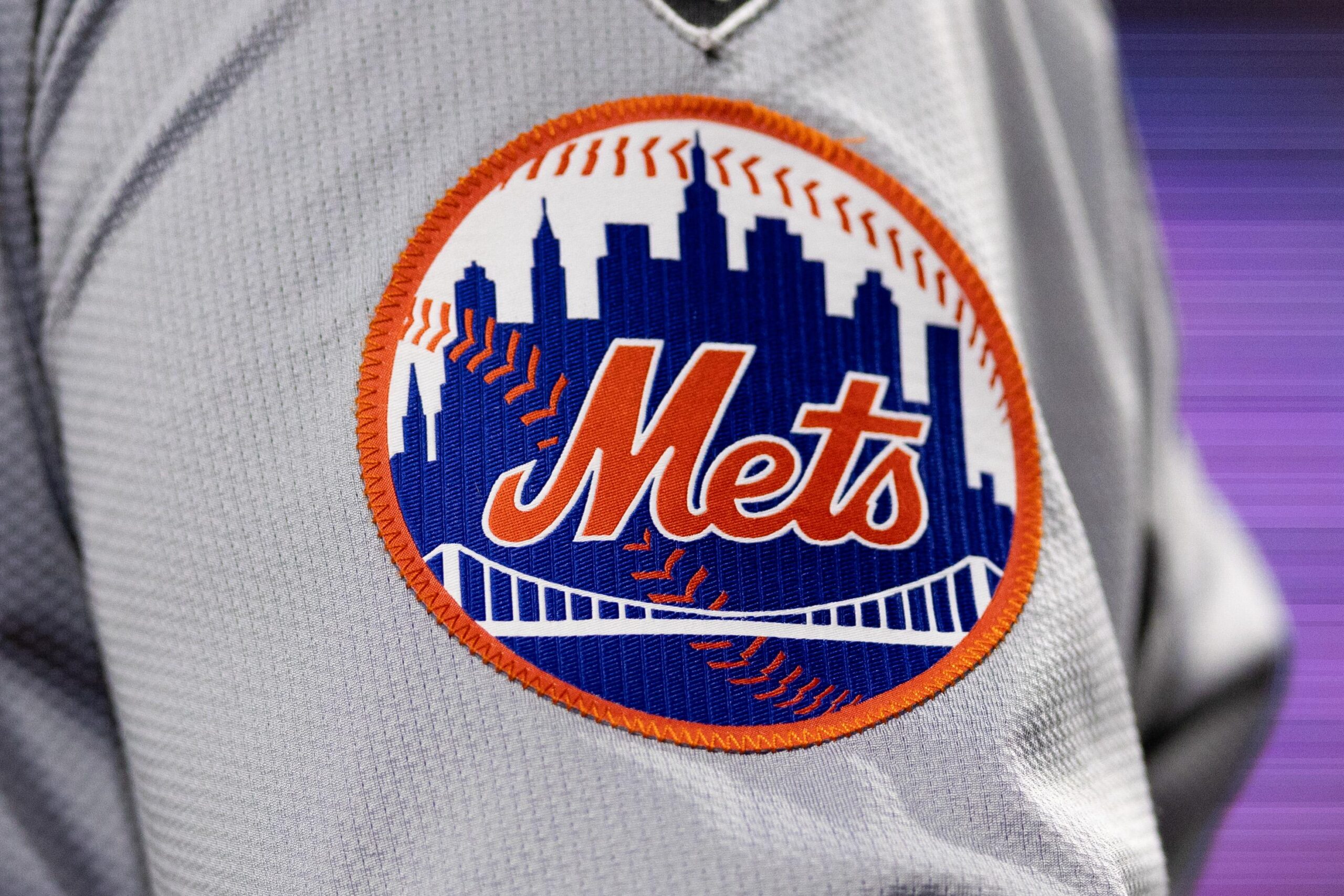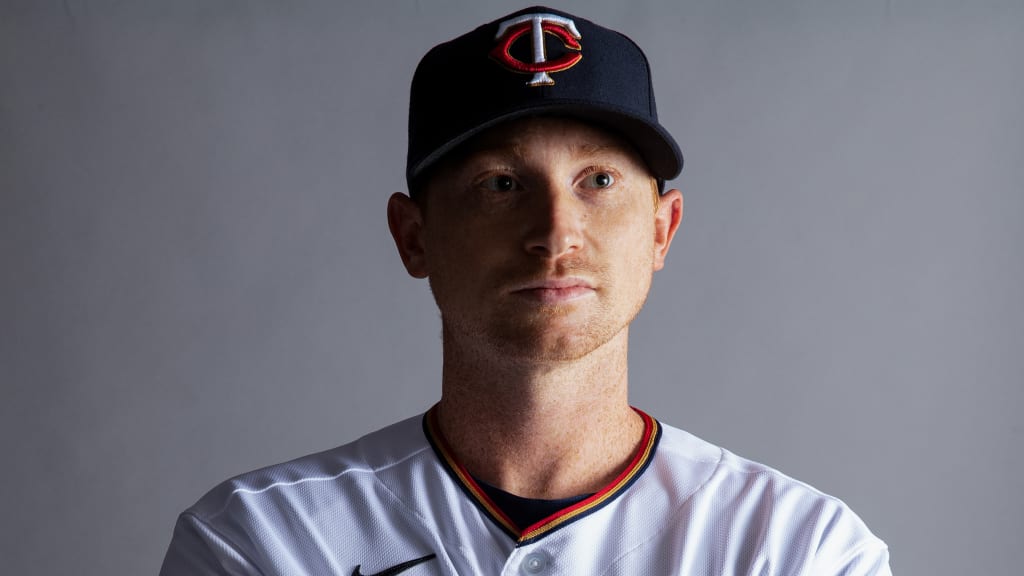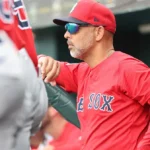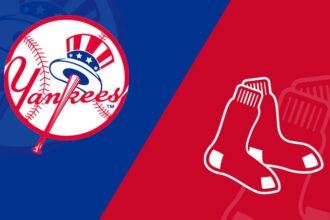A New Era on the Horizon: Mets Set to Redefine Their Pitching Identity
For the first time in almost half a decade, the New York Mets are preparing for a sweeping change within one of the most vital areas of their roster — their pitching staff. Following the decision to part ways with longtime pitching coach Jeremy Hefner and much of their existing coaching infrastructure, the organization now stands on the brink of a significant transition. According to multiple reports, the Mets are closing in on a new leader for their pitching department — Boston Red Sox director of pitching, Justin Willard — a name that has been generating considerable excitement across Major League Baseball.
This move symbolizes more than just a coaching change. It represents a philosophical shift — a clear indication that the Mets intend to modernize their developmental system, prioritize analytical precision, and create a long-term pitching culture rooted in both innovation and adaptability.
End of an Era: Jeremy Hefner’s Tenure in Review
When Jeremy Hefner took over as pitching coach in 2020, the Mets were in a period of instability and transition. Over the following five seasons, he provided a much-needed sense of consistency and direction. His tenure was far from a failure — in fact, it contained numerous bright spots that reflected both his baseball intellect and his ability to connect with players.
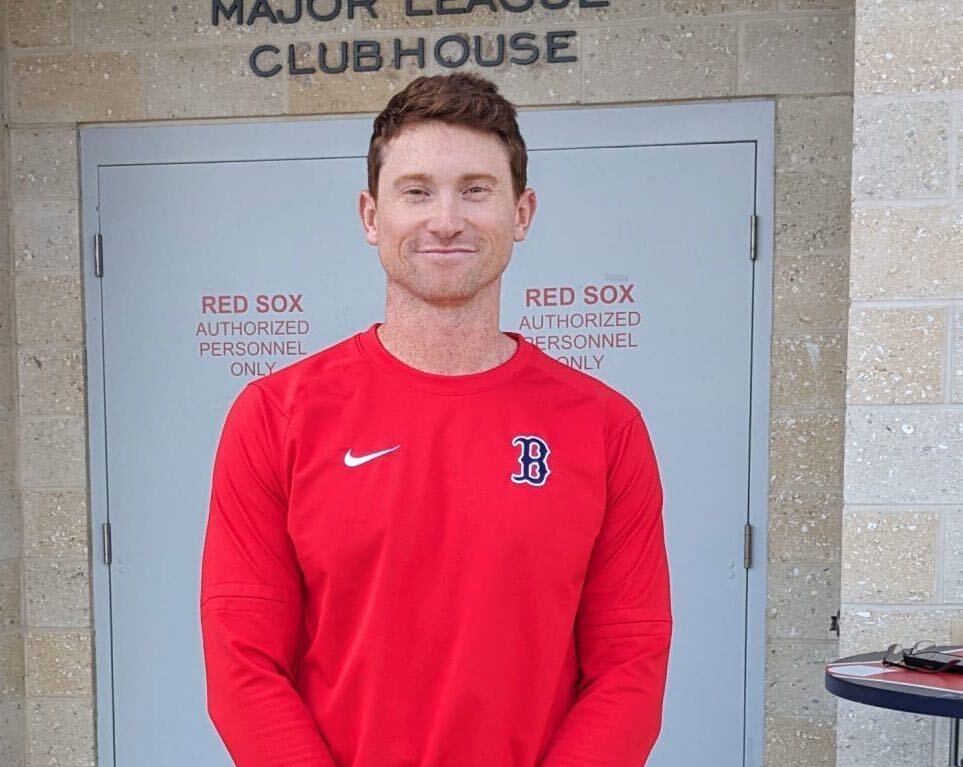
Under Hefner’s watch, several young pitchers, including David Peterson, Tylor Megill, and others, developed into legitimate big-league contributors. His approach — an even blend of mechanical refinement, mental toughness, and communication — helped the staff navigate injuries, lineup changes, and competitive adversity. During his time in New York, the Mets’ pitching unit often performed above expectations despite frequent turnover and a lack of sustained roster health.
However, as team owner Steve Cohen and president of baseball operations David Stearns continue shaping the organization’s long-term identity, a shared realization emerged: the club needed a new voice and a fresh direction. The front office’s vision for the next decade centers on technology-driven player development, advanced analytics, and a more comprehensive approach to pitching performance — one that aligns with the methods employed by some of MLB’s most progressive organizations.
Thus, Hefner’s exit doesn’t mark failure; it represents evolution. The Mets are not tearing down the structure he built but are instead upgrading the foundation upon which it stands.
The New Face of Pitching Innovation: Justin Willard
Enter Justin Willard, one of the fastest-rising minds in professional baseball’s coaching landscape. At only 35 years old, Willard’s résumé already reads like that of a seasoned veteran. His rapid climb through the coaching ranks is a testament to his intelligence, adaptability, and modern understanding of what makes pitchers thrive in today’s data-rich environment.
After joining the Boston Red Sox organization in 2024 as their director of pitching, Willard wasted no time making a tangible impact. His leadership coincided with one of Boston’s most surprising pitching turnarounds in recent memory. In the 2025 season, the Red Sox leapt to fifth in Major League Baseball in team ERA — an impressive feat considering the club’s struggles in previous years.
The improvement wasn’t accidental. Willard’s philosophy emphasizes simplicity rooted in science — a fusion of biomechanics, pitch design, and situational awareness. He’s known for distilling complex data into digestible strategies that resonate with pitchers, allowing them to focus on execution rather than overanalyzing. His core principle can be summed up by a phrase he shared in a conversation with Red Sox reporter Ian Browne last season: “Throw nasty stuff in the zone.”
This motto encapsulates Willard’s philosophy — a relentless commitment to aggressive, strike-zone-oriented pitching powered by elite stuff. Rather than teaching pitchers to nibble at corners or outthink hitters, Willard trains them to dominate within the zone, combining movement, velocity, and command to generate weak contact and strikeouts. It’s a mindset that simplifies the game for players while maximizing their strengths.
Under his direction, both veteran pitchers and emerging stars saw measurable gains. Aroldis Chapman, rejuvenated late in his career, rediscovered command of his fastball-slider combination. Brayan Bello refined his pitch sequencing and improved his strikeout rate. Lucas Giolito, once struggling with inconsistency, found new confidence in attacking hitters early in counts.

Willard’s ability to earn buy-in from such a diverse group of arms — ranging from flame-throwing relievers to cerebral starters — underscores why he’s viewed as one of baseball’s most promising coaching talents.
Why the Mets Believe He’s the Right Fit
The Mets’ interest in Willard goes beyond his recent success in Boston. His approach perfectly mirrors the type of organization Cohen and Stearns envision: one that integrates technology, data, and human connection to build sustainable success.
New York’s pitching landscape currently sits at a crossroads. The team features a handful of pitchers with immense upside — such as Kodai Senga, José Quintana, and Christian Scott — but consistency and durability remain question marks. Meanwhile, a new wave of promising prospects is waiting for its opportunity at the big-league level.
The Mets know that developing homegrown arms is no longer optional; it’s essential. Relying solely on free-agent acquisitions or short-term fixes has proven costly and unsustainable. A coach like Willard offers the perfect bridge between the organization’s developmental goals and its immediate competitive aspirations.
Willard’s relatively young age gives him an advantage in communication. Players in today’s game, especially younger ones, often respond best to coaches who understand their world — individuals who can relate to the demands of modern baseball while speaking the language of metrics and movement profiles. His blend of technical expertise and approachability makes him an ideal fit for a clubhouse looking to balance accountability with growth.

Moreover, the Mets have invested heavily in performance technology, from advanced motion-capture systems to biomechanical analysis tools. A coach like Willard — who not only embraces but maximizes these resources — can ensure that the team gets the full return on those investments.
Building the Future: The Mets’ Broader Vision
While the hiring of a pitching coach might not always grab headlines, this particular move carries long-term implications. It’s a reflection of a broader commitment to reshaping the franchise from the inside out.
Since Cohen purchased the team, the Mets have been steadily transforming their infrastructure, from scouting and analytics to player nutrition and mental performance. The goal is to emulate the consistency and internal development pipelines seen in organizations like the Los Angeles Dodgers, Houston Astros, and Atlanta Braves. Each of those teams has built a model that merges elite scouting with scientific precision, producing a constant stream of talent that sustains success.
Bringing in someone like Willard aligns the Mets with that next-generation blueprint. His role won’t just be about calling bullpen sessions or fine-tuning mechanics; he’ll be expected to design a system that standardizes success across all levels — from the minor leagues up to Citi Field. The challenge is substantial, but the potential payoff could reshape the franchise for years to come.
Challenges and Expectations
Of course, stepping into a high-pressure market like New York comes with its own set of challenges. Mets fans, long hungry for sustained success, have little patience for mediocrity. Any coach taking the reins must not only produce results but do so quickly.

Willard will inherit a rotation with talent but also uncertainty. The health of top starters, the inconsistency of younger arms, and the volatile nature of bullpen performance will all test his adaptability. Additionally, he’ll be expected to collaborate seamlessly with manager Carlos Mendoza and the rest of the coaching staff to create a cohesive vision — one that aligns preparation, execution, and in-game strategy.
However, if his time in Boston is any indication, Willard thrives in challenge-filled environments. His reputation for clear communication and creative problem-solving could help unify a staff that has too often struggled with identity.
A Calculated Gamble Worth Taking
Every leadership change comes with an element of risk, and the Mets are well aware of that. Yet, this particular move feels less like a gamble and more like an investment in the future.
Hefner’s time in New York should be remembered fondly — he laid a solid foundation, guiding a generation of pitchers through turbulent times. But baseball, like all professional sports, is defined by evolution. As strategies advance, organizations must adapt or risk falling behind.
By targeting a young, analytically minded coach like Justin Willard, the Mets are signaling a desire to stay ahead of the curve rather than react to it. They are betting on innovation, communication, and collaboration to lead them into a new era — one where development and performance are intertwined.
If Willard officially joins the Mets, his mission will be straightforward yet immense: unlock the full potential of the team’s pitching talent and translate it into consistent, elite production at the major-league level.
The Bottom Line
The transition from Jeremy Hefner to Justin Willard represents more than a personnel change — it’s a philosophical rebirth for the New York Mets. It’s about merging tradition with technology, experience with innovation, and individual growth with team success.
The franchise’s long-term aspirations remain the same — to build a championship-caliber roster capable of sustained excellence. But to reach that level, the Mets know they must continue evolving, and this coaching move could very well be the catalyst that propels them toward that goal.
As the organization prepares to turn the page, one thing is clear: the Mets are no longer content with simply keeping pace. They want to lead the charge — and with Justin Willard potentially steering the ship, the future of their pitching staff might finally align with the vision of dominance they’ve long been chasing.
